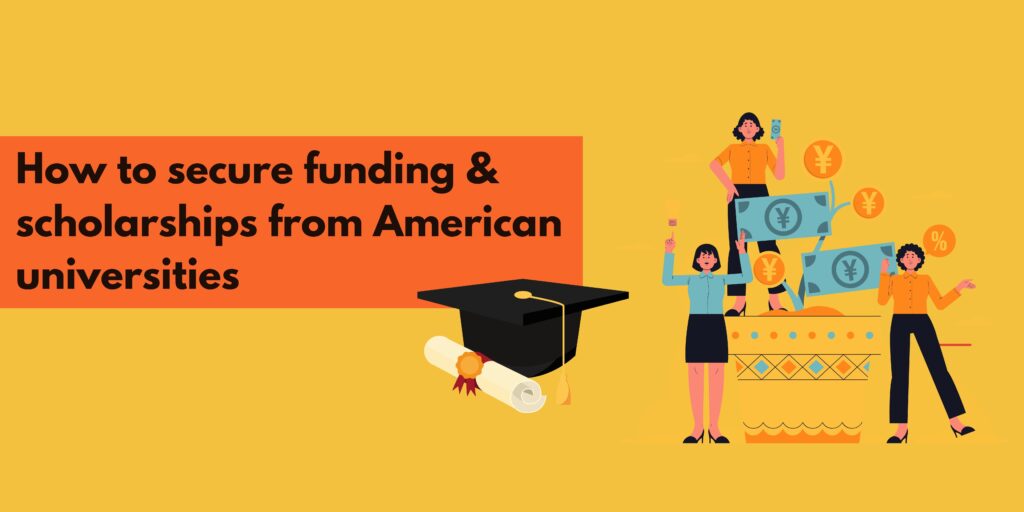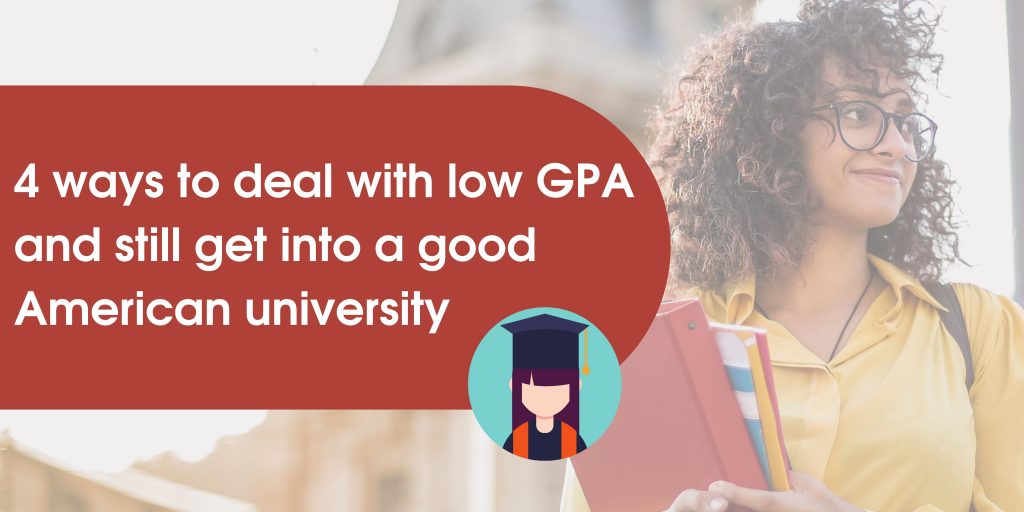
Every year, thousands of international students apply for a master’s degree in the US, majorly because the US education system offers well-structured programs, research opportunities, exposure, and most importantly, funding opportunities. US universities are very generous and provide a lot of financial assistance in the form of full funding, scholarships, or RA/TA/GA.
In this blog, we will discuss the 7 important criteria that you need to consider in order to avail scholarships and funding. If you are currently in the application process for fall 2022 and you meet most of the criteria, you can still apply for scholarships. If you are aiming for fall 2023, this is the right time to start ticking each of these criteria and make your profile ready for securing funding.
A high GPA: Students should have a consistently high academic record throughout the bachelor’s program (75% and above/GPA of 9.0 and above).
Paper presentations: Students who have a strong research aptitude and have published papers in nationally and internationally recognized journals and conferences, have high chances of securing full funding. At Dilip Oak’s Academy, one of our students, who presented three papers in international forums including Italy and the USA, received full funding for PhD in Computer Architecture from Georgia Tech, Ohio State, and Yale University.
Location: This is a very important factor that students often miss out on, while applying to universities. The majority of students apply to universities in the states of California, New York, Pennsylvania, North Carolina, Michigan, Texas, Illinois, etc. Due to a very large application pool, getting financial aid from universities in these states is difficult. But if they were to apply to universities in the states of Arkansas, Oklahoma, Missouri, New Mexico, Kansas, Nebraska, North Dakota, Idaho etc. their chances of getting aid would be higher because the number of applicants is relatively low. The quality of education in these universities is equally good.
Professors: Students need to thoroughly research all the professors of the universities they plan to apply to. One can directly find them on university websites or (add name) study their work, their experience and interest, get in touch with them, and see if they are ready to offer any assistantship. Of course, applicants need to have a very strong academic background to receive a positive response from the professors.
GRE score: Along with other factors, the GRE score is also important. A GRE score above 320 (preferably above 330) maximizes your chances of securing funding.
SOPs and LORs: The Statement of Purpose plays a crucial role in securing financial assistance. Students need to ensure that their SOP brings out their intent, their story, their passion and why they deserve to receive funding. Similarly, strong recommendations from professors, project guides, or team lead (for working professionals) makes a strong impact on the application.
Relevant work experience: A relevant work experience of at least two years acts as a testament to one’s skills and commitment to the field and convinces the admissions committee that the applicant is a deserving candidate for a scholarship/funding.
For detailed assistance on the application process, university selection, drafting SOPs and LORs and planning your MS in the US, join our admission counseling today!





